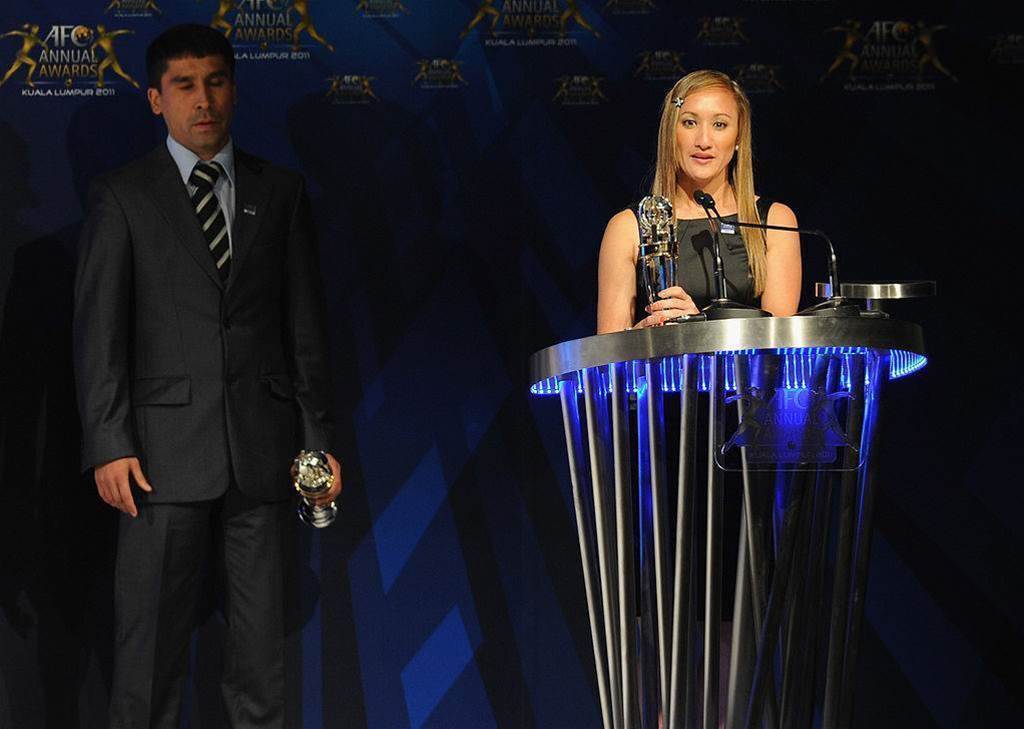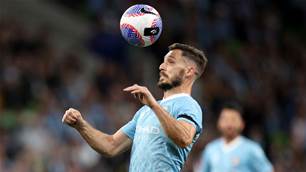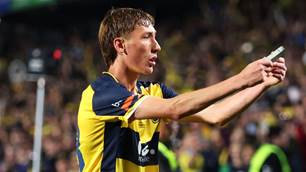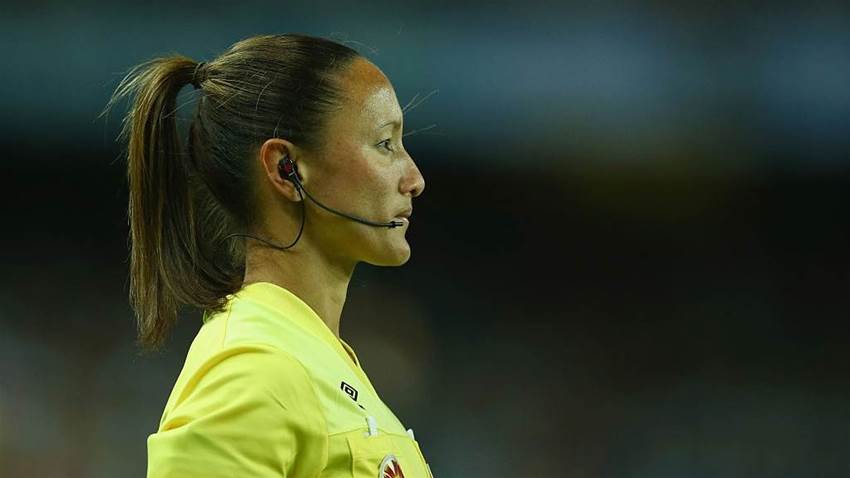Many say refereeing is the toughest gig in football.
It requires a strong personality, immense character and a touch of understanding on how a game of football flows.
Managing a game is a major challenge that few are willing to take. Football for a long time, wrongly believe that only the male species could handle such situations.
However, it has been since proven that adding a feminine touch to the heat of battle has plenty of benefits for players, coaches and the game itself.
In NSW in 2019, there was a total of 548 registered and active female referees, with 24 of them refereeing in the Football NSW Representative Competitions (WNPL, NPL, State League and NPL Youth etc).
This number is a far cry from when FIFA listed Assistant Referee Sarah Ho was starting out.
Ho, who has refereed at three FIFA Women’s World Cups, is one of the pioneer female referees in Australia having been the first woman to officiate in an A-League game back in 2007.
Ho has praised the work done by FNSW and in particular FNSW Referee Education Coordinator Rob Nieuwenhuis, for engaging more female referees.
“FNSW is doing a wonderful job of recruiting and supporting new women referees,” praised Ho.
“The number and quality of female referees in NSW has greatly increased, particularly in the past five to seven years.
“In particular, Rob Nieuwenhuis, has been instrumental in developing a FNSW Referee Development Panel (RDP) and FNSW Referee Academy which values women referees as much as men and incorporates equal numbers in the programs.
“Through these programs and his leadership, Rob has created a culture of respect amongst all the referees and referee coaches where gender is just not an issue.
"It is normal that there are women referees and women referee coaches in the group and everyone is given the same opportunities.
“I am delighted (and slightly jealous) to see young women referees moving through the ranks towards the elite level with such support and respect.”

Ho, who is currently preparing to officiate in the AFC U/19 Women's
“The most helpful part of my development was having a great mentor who believed in me more than I believed in myself and who pushed me to be better than I thought possible,” she said.
“My mentor was Doug Rennie, a former NSL Referee from the same local area as I, the Nepean District.
“Having a mentor who believed in me, encouraged me and helped me through tough games and difficult moments in my career was the greatest part of my referee development.
“There was only one other woman referee my age and we quickly became lifelong friends. She was a FIFA Referee and her name is Amelia Stanislas (nee Morris).
"I wished there had been more women referees when we came through but it was a time when women referees, in general, were tolerated rather than encouraged.”
Ho was grateful for the opportunities presented to her when she was coming through the ranks. She admits her experiences filled her with belief that female referees can make it just as big as the men.
“I started as an Assistant Referee on the A-League in 2007 and I have been a FIFA Assistant Referee since 2004.
"I have been to three World Cups, five U/20 World Cups, two Olympic Games, two Asian Games and three Asian Cups.
“I’ve learned that women referees can do anything that men referees can do - we need only be given the same opportunities and the same rewards.”
Ho was positive about the experiences the NPL system in NSW is giving to referees, emphasizing that ability rather than gender was the key to being involved in that pathway.
“I think the NPLW and the NPLM give both women and men referees the chance to referee at an elite level,” she said.
“In terms of refereeing, there is no gender barrier to officiate on either league in NSW, it’s whether you can pass the required fitness tests and meet the level of officiating required for each league that matters, not gender.”
Ho admitted that female referees will always have different challenges and priorities to males, but insists there are ways to confront and get past those challenges.
She sights Sydney based W League referee Kelly Jones as an example of someone who was able to juggle normal life with being an elite level match official.

“In the long term aspect of their careers, female referees face additional challenges to their male colleagues when deciding whether or not to have children.
"Then, planning to have children, physically carrying and birthing children and also returning to elite level football while breastfeeding,” explained Ho.
“The timing of these things can derail the career of an emerging or elite woman referee which is not something that male referees need to consider.
“Support for women returning to elite levels of refereeing after having children is increasing and this year, the FFA supported two new Mums in returning to their positions as officials on the W-League.
“Regardless, it remains an enormous physical and emotional challenge/choice that women referees will face in their career.
“In 2019, NSW-based W-League referee, Kelly Jones, successfully returned to her place on the WNPL and W-League referees panels after giving birth to her first child.
“She passed the FIFA International Women’s Referee Fitness Test just three months after the birth of her son and returned to the WNPL while still breastfeeding.
This is an enormous achievement which should be acknowledged and celebrated. If you can’t see it, you can’t be it.
“We need to recognise and support women referees and players who return to football and, in this case the highest levels, after becoming mums," she said.
"Women and mothers play an important role in football and motherhood should not be a barrier to this.
“Kelly Jones is a wonderful example of how motherhood does not have to be a barrier for women playing and officiating in football at the highest levels.”
It is fair to say referees like Sarah Ho are blowing the whistle on the opportunities available for females in the world game.
Related Articles

Leckie seals new marquee deal as Good, Maclaren head to Asia

Socceroo-in-waiting seals Championship deal













